A mixing desk, also known as a mixing console or audio mixer, is a crucial component in any recording studio. It allows sound engineers to adjust and balance audio signals from various sources, such as microphones and instruments, to create a cohesive and polished final mix. However, with so many options on the market, it can be challenging to choose the best mixing desk for your recording studio. In this article, we will explore the key features and considerations when selecting a mixing desk and provide recommendations for the best options on the market.
Read also: Best Mixing console for Recording Studio & Buying Guide
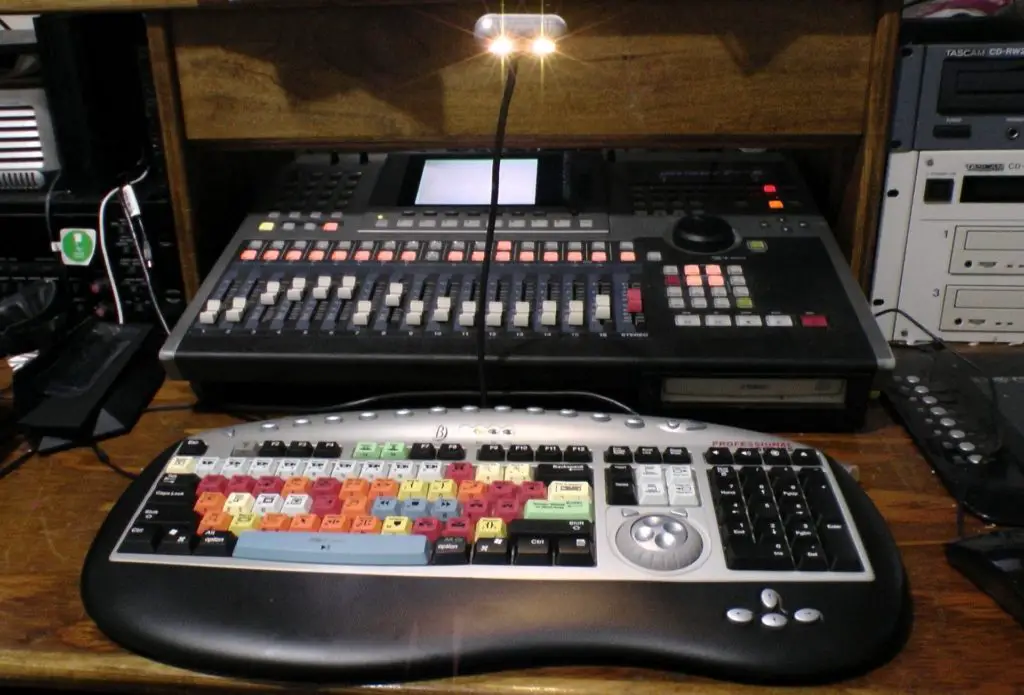
Table of Contents
What to Consider When Selecting a Mixing Desk
Channel Count:
One of the most critical factors when selecting a mixing desk is the number of channels it offers. The channel count refers to the number of input channels available on the mixer, which determines how many instruments and microphones can be connected simultaneously. The higher the channel count, the more versatile the mixer will be, allowing for more complex recordings with multiple sources.
Routing and Connectivity:
The routing and connectivity options of a mixing desk are also essential considerations. A mixer with comprehensive routing capabilities allows for more flexibility when sending and receiving audio signals. Look for a mixer with both analog and digital inputs and outputs, as well as the ability to send audio to external effects processors and other devices.
EQ and Effects:
Equalization (EQ) is a crucial tool for sound engineers, allowing them to adjust the frequency response of individual channels to create a balanced and pleasing sound. Some mixing desks also offer built-in effects, such as reverb and delay, which can enhance the overall sound quality of a recording.
Budget:
The price of a mixing desk can vary significantly, from a few hundred dollars to tens of thousands of dollars. Before choosing a mixing desk, you need to set a budget that suits your needs and finances.
Size:
Mixing desks come in different sizes, from small portable ones to large ones that take up a significant amount of space. The size of the mixing desk you choose will depend on the size of your recording studio and your personal preferences.
Channels:
The number of channels on a mixing desk is another crucial factor to consider. The number of channels you need will depend on the number of instruments or microphones you plan to record simultaneously.
Sound Quality:
The sound quality of a mixing desk is another essential factor to consider. A high-quality mixing desk will produce clear and crisp sound, while a low-quality one will produce muddled sound.
Connectivity:
The connectivity options of a mixing desk are also crucial. You need to ensure that the mixing desk you choose has enough inputs and outputs for all your recording needs.
Workflow and Usability:
Finally, it is essential to consider the workflow and usability of a mixing desk. Look for a mixer with a layout that makes sense to you and allows for efficient and intuitive operation. Some mixers also offer digital control surfaces that can be customized to suit your workflow and provide additional functionality.
Best Mixing Desks for a Recording Studio
Now that we have covered the key features to consider when selecting a mixing desk, let’s take a look at some of the best options on the market.
1. Allen & Heath SQ-6
The Allen & Heath SQ-6 is a digital mixing desk with 24 mic/line inputs and 8 stereo FX returns, making it an excellent option for mid-sized recording studios. It offers comprehensive routing options, built-in EQ and effects, and a customizable control surface that can be tailored to your workflow. The SQ-6 also features a 7-inch color touchscreen for intuitive operation.
2. PreSonus StudioLive 32SC
The PreSonus StudioLive 32SC is a digital mixing desk with 32 channels and 26 mix buses, making it an excellent choice for larger recording studios. It offers a comprehensive suite of EQ and effects, as well as customizable fader layers and digital scribble strips for easy navigation. The StudioLive 32SC also features built-in recording capabilities and remote control via a tablet or smartphone app.
3. Yamaha MG20XU
For those on a budget, the Yamaha MG20XU is an excellent analog mixing desk with 20 input channels and built-in effects. It offers a simple and intuitive layout, making it an ideal option for smaller recording studios or home setups. The MG20XU also features USB connectivity for easy recording and playback.
How Much To Spend on the Best Mixing Desk?
Price is always a concern. It doesn’t matter if you are just starting out or are well established. You can find mixing desks from $100 up to $2000 and even higher.
You do want to pay attention to the cost. No need to go high end, but don’t go for the cheapest. These are usually constructed for low-grade materials. Soon, you will be out buying another one.
You can find steel and hardwood mixing desks at a mid-range price. These will last for years, even as you add more equipment to them.
The Best Mixing Desk is Essential For a Recording Studio
The best mixing desk for your recording studio will be sturdy and have the space you need. You can always go and buy a regular desk, but this will not be the best choice. The price may be cheaper but you will end up paying more in replacements.
A dedicated mixing desk should have the space you need for your equipment. It also needs to be able to fit into your space. Measure the available space before buying. Also, consider the equipment you have and if you are planning on adding more in the future.
Taking the time to consider this will help you choose the best mixing desk for your recording studio. This way, you can concentrate on creating great music.
Conclusion
A mixing desk is a crucial component in any recording studio, and selecting the best one for your needs requires careful consideration of factors such as channel count, routing and connectivity, EQ and effects, and workflow and usability.
The Allen & Heath SQ-6, PreSonus StudioLive 32SC, and Yamaha MG20XU are all excellent options that offer a range of features and capabilities to suit different studio setups and budgets. By carefully evaluating these factors, you can choose a mixer that will enable you to create the best possible recordings and mixes.
FAQs
- Do I need a digital or analog mixing desk for my recording studio?
It depends on your preferences and workflow. Digital mixers offer more advanced routing and effects options, as well as remote control and recording capabilities. Analog mixers, on the other hand, offer a more straightforward and tactile approach to mixing.
- How many channels do I need on my mixing desk?
The number of channels you need will depend on the complexity of your recording setup. If you plan to record multiple instruments and microphones simultaneously, a mixer with a higher channel count will be necessary.
- What is EQ, and why is it important in a mixing desk?
EQ allows sound engineers to adjust the frequency response of individual channels to create a balanced and pleasing sound. It is essential for achieving a polished and professional-sounding mix.
- Can I use a mixing desk for live sound as well as recording?
Yes, many mixing desks are designed for both recording and live sound applications. However, it is essential to ensure that the mixer you choose has the necessary routing and connectivity options for your specific needs.
- What is the best way to learn how to use a mixing desk?
The best way to learn how to use a mixing desk is through hands-on experience and practice. Many manufacturers offer tutorials and resources to help users get started, and there are also numerous online courses and tutorials available.

Williams Kane is a blogger and writer. He’s passionate about writing and connecting with the community, especially when it comes to sharing his ideas through writing.
I am a versatile author with a passion for exploring a wide range of topics on our multi-niche website. With a background in research and a love for writing, I bring a unique blend of expertise to our platform.
My journey began in the world of science, where I earned a degree in biology and developed a deep fascination for the natural world. This background enables me to delve into topics related to ecology, environmental conservation, and the wonders of the animal kingdom.
However, my curiosity knows no bounds, and I have ventured into various other niches as well. From technology trends and digital innovations to health and wellness tips, I strive to provide well-researched and engaging content that informs and entertains our diverse audience.
Furthermore, my dedication to staying current with the latest developments in each niche ensures that our readers receive up-to-date and reliable information. Whether it’s deciphering complex scientific concepts or simplifying tech jargon, I take pride in making complex subjects accessible to all.
Join me on our multi-niche journey, where we explore the depths of knowledge and share insights on a multitude of topics to inspire, educate, and entertain.

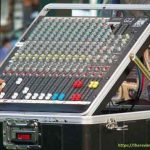
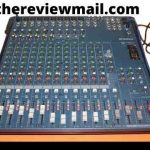


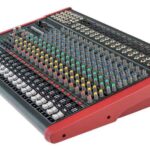

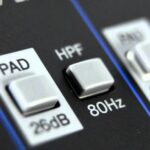
Comments are closed.